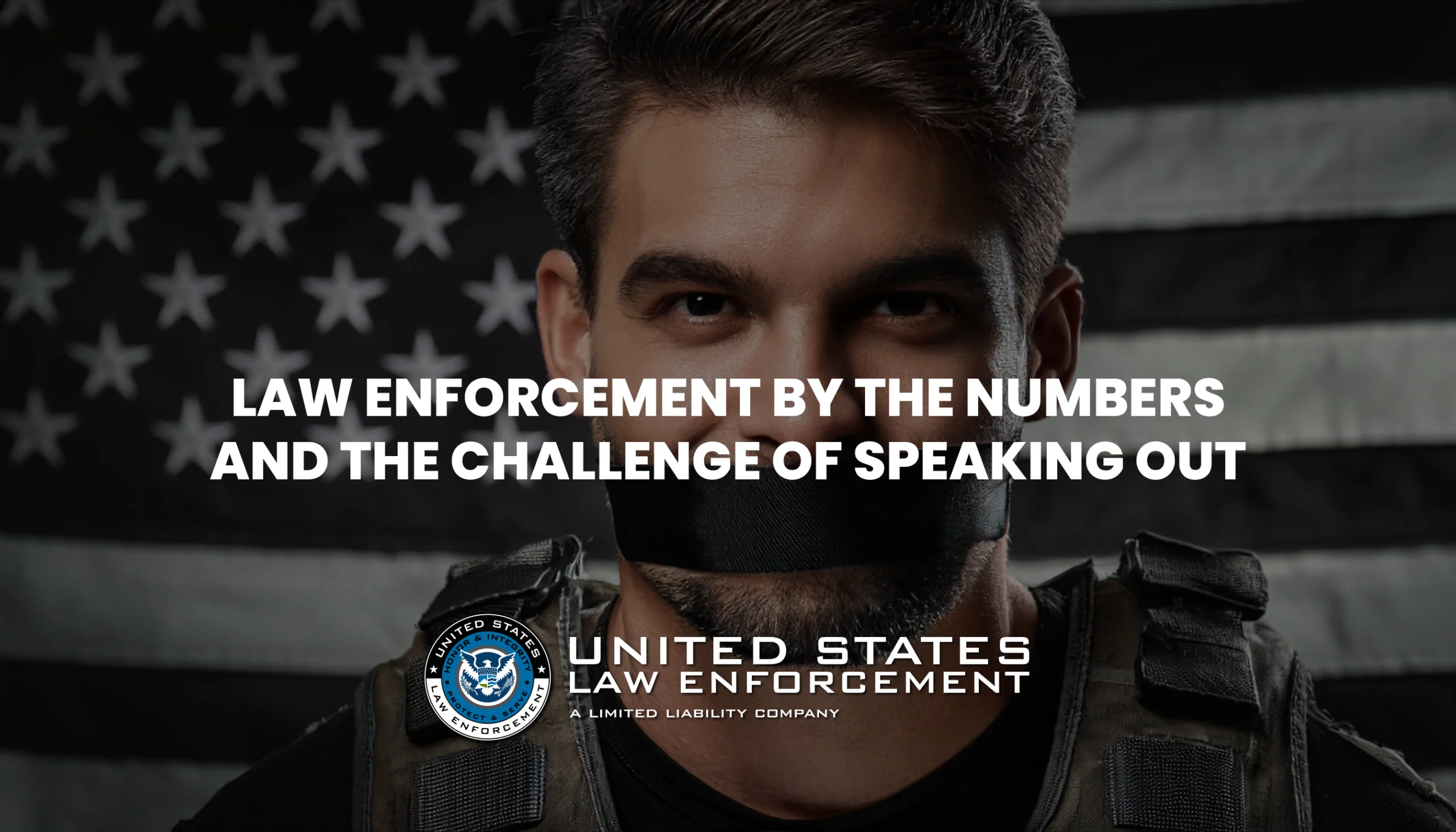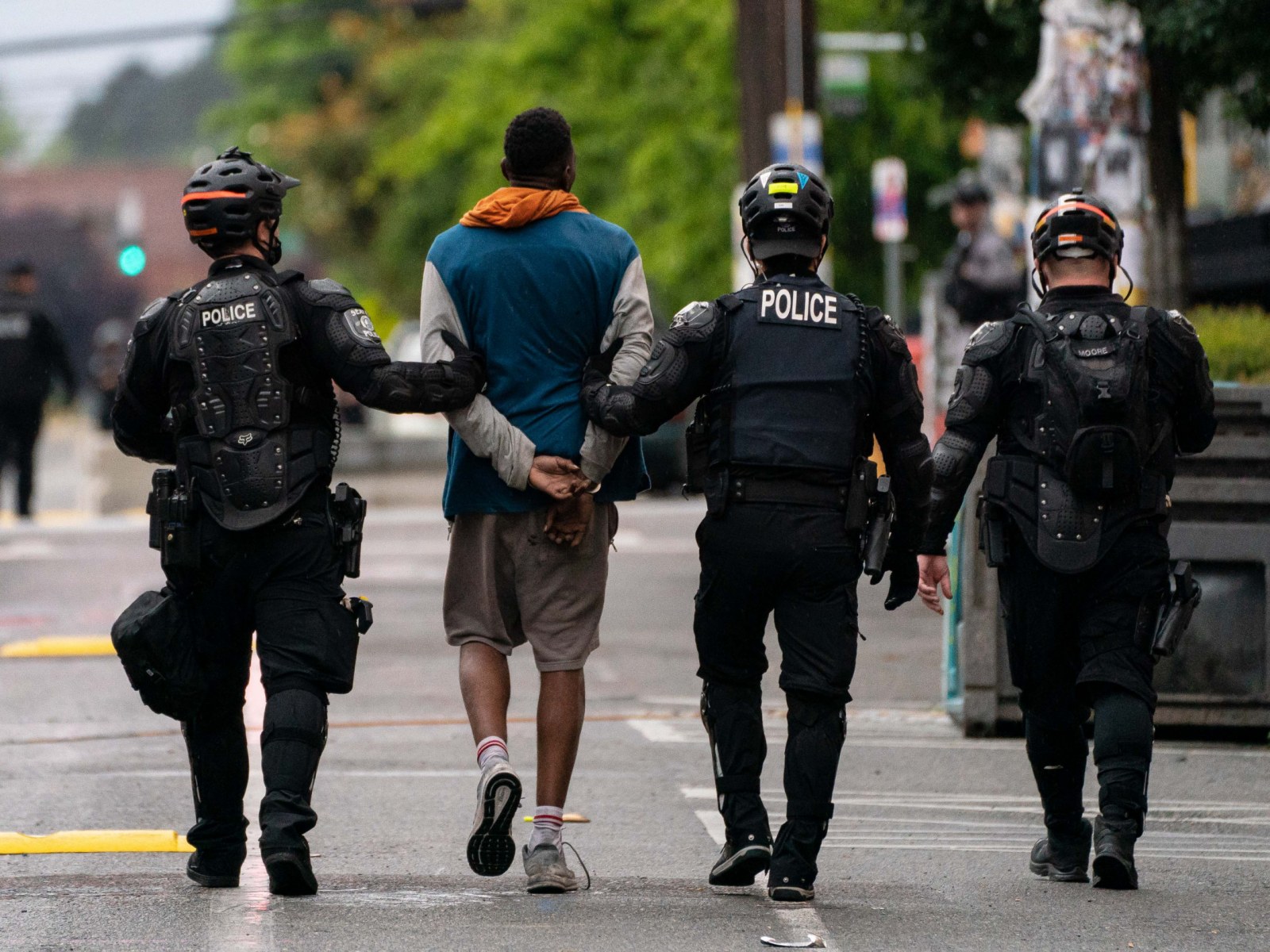Why Is Police Called 12? The Fascinating Origins Behind The Number
Have you ever wondered why police are sometimes referred to as "12"? It's not just some random number, my friend. This term has a rich history that dates back to the early days of law enforcement. In this article, we're diving deep into the story behind why police are called 12, and trust me, it's way more interesting than you might think. So grab your coffee, get comfy, and let's unravel the mystery together.
Let's be real here. The term "12" for police isn't something you hear every day, but it's out there in certain circles, and understanding its origin can give us a better appreciation of how law enforcement evolved over time. It's not just about the number; it's about the culture, the history, and the symbolism behind it. So buckle up because we're about to take a trip down memory lane.
Now, before we dive into the nitty-gritty, let me clarify one thing. This article isn't just about throwing facts at you. It's about giving you a comprehensive understanding of why police are called 12, the cultural significance, and how this term fits into the broader context of law enforcement today. So, whether you're a history buff or just curious, you're in the right place.
- Who Does Louis Litt Marry The Ultimate Guide To Louis And His Love Life
- Where Is Marguerite Simpson Today Uncovering The Life And Career Of The Iconic Voice Actress
Understanding the Historical Roots of "12"
Let's start with the basics. The term "12" for police has its roots in the early days of policing in the United States. Back in the day, police officers were often referred to as "twelves" because of their badge numbers. In many departments, the number 12 was commonly assigned to patrol officers, and over time, it became shorthand for the entire force. Cool, right?
But wait, there's more. In the early 20th century, police radios used a system of codes to communicate. One of these codes was "10-12," which meant "officer on lunch break." Over time, the "10" was dropped, and "12" became synonymous with police officers themselves. It's like a linguistic evolution that happened organically, and it stuck.
How the Number "12" Gained Popularity
So how exactly did "12" become so widely recognized? Well, it all comes down to simplicity and convenience. In the world of law enforcement, communication is key, and having a short, easy-to-remember term for officers made sense. "12" was catchy, easy to say, and didn't require much explanation. It was like the perfect nickname for the job.
- Rick Owen And His Wife A Story Of Style Love And Influence
- Indian Instagram Influencers A Deep Dive Into The Trendsetters Of Social Media
- It was short and to the point.
- It fit well with radio communication systems.
- It became part of the vernacular in many communities.
And let's not forget the cultural impact. Movies, TV shows, and even music have all played a role in popularizing the term "12." Think about it—how many times have you heard a cop drama where someone yells, "12's coming!"? It's become part of the fabric of our understanding of law enforcement.
Police Codes and Their Connection to "12"
Now, let's talk about police codes. If you've ever wondered why cops use so many numbers to communicate, it's because these codes streamline communication. And guess what? The number "12" plays a big role in this system. Here's a quick breakdown:
Common Police Codes Related to "12"
- 10-12: Officer on lunch break.
- 12A: All units, be on the lookout.
- 12K: Keep your eyes open for suspicious activity.
These codes aren't just random; they're designed to convey specific messages quickly and efficiently. And while the "12" in these codes might not always refer directly to police officers, it's part of the same system that gave rise to the term "12" for cops.
The Cultural Impact of "12" in Law Enforcement
Now, let's shift gears and talk about the cultural significance of "12." This term isn't just used by police officers themselves; it's also part of the broader cultural conversation. Whether you're watching a crime drama or listening to a rap song, chances are you've encountered the term "12" in some form or another.
Pop Culture References to "12"
From movies to music, "12" has made its way into the mainstream. Here are a few examples:
- In the movie "Training Day," Denzel Washington's character refers to the police as "12s" when talking about corrupt officers.
- In rap music, the term "12" is often used to describe law enforcement, adding a layer of meaning to the lyrics.
- TV shows like "Cops" and "Law & Order" have popularized the term, making it part of the everyday lexicon.
But it's not just about entertainment. The term "12" also carries weight in real-world conversations about policing and community relations. It's a shorthand that people understand, whether they're discussing crime rates or police reform.
The Symbolism Behind the Number "12"
Numbers often carry symbolic meaning, and "12" is no exception. In many cultures, the number 12 represents completeness or perfection. Think about it—there are 12 months in a year, 12 hours on a clock, and 12 apostles in Christianity. So when we use "12" to refer to police, it's almost like we're assigning a deeper meaning to the role they play in society.
Why "12" Feels So Right
There's something about the number "12" that just feels right. Maybe it's because of its historical significance, or maybe it's because of its cultural resonance. Whatever the reason, the term "12" has stuck around for a reason, and it's not going anywhere anytime soon.
And let's not forget the practical side of things. In a world where communication is key, having a term that's both meaningful and easy to use is a huge advantage. "12" fits the bill perfectly, and that's why it's become such an important part of law enforcement culture.
Modern Usage of "12" in Law Enforcement
Fast-forward to today, and the term "12" is still widely used in law enforcement circles. But it's not just about tradition; it's about practicality. In an era of rapid communication and technology, having a shorthand term for police officers makes sense. Whether it's on the radio, in a text message, or in a face-to-face conversation, "12" is a term that gets the job done.
How "12" Fits Into Modern Policing
Here are a few ways "12" is used in modern law enforcement:
- Radio communication between officers.
- Dispatch systems for emergency calls.
- Community outreach programs that use the term to build trust.
And let's not forget the role of technology. With apps and platforms that allow citizens to report crimes or request assistance, the term "12" has taken on new meaning in the digital age. It's a reminder that while things change, some traditions remain timeless.
Challenges and Controversies Surrounding "12"
Of course, no term is without its controversies, and "12" is no exception. In recent years, there's been a growing debate about the language we use to describe law enforcement. Some argue that terms like "12" can perpetuate negative stereotypes or create barriers between police and the communities they serve.
Addressing the Criticism
It's important to acknowledge these concerns and have open, honest conversations about the impact of language. At the same time, it's worth noting that "12" isn't inherently negative—it's a term that evolved organically and carries meaning for many people in the law enforcement community.
Ultimately, the key is to use language thoughtfully and respectfully. Whether you're a police officer, a community member, or someone who's just curious about the term "12," it's important to approach the topic with an open mind and a willingness to learn.
Why Understanding "12" Matters Today
In a world where the relationship between police and the public is constantly evolving, understanding terms like "12" is more important than ever. It's not just about the history or the culture; it's about building bridges and fostering understanding. When we take the time to learn about the language of law enforcement, we're taking a step toward a more informed and engaged society.
Looking to the Future
As we move forward, it's important to remember that language is a powerful tool. Whether we're talking about "12" or any other term, the way we use words can shape perceptions and influence outcomes. By understanding the history and significance of terms like "12," we can work toward a future where communication is clear, respectful, and effective.
Conclusion: The Power of Words
So there you have it, folks. The term "12" for police isn't just some random number—it's a piece of history, culture, and communication that's shaped the way we think about law enforcement. Whether you're a cop, a citizen, or just someone who's curious about the world, understanding why police are called 12 can give you a deeper appreciation for the complexities of this profession.
Now, here's the deal. If you found this article helpful, I'd love to hear from you. Drop a comment, share it with your friends, or check out some of our other articles on related topics. Together, we can keep the conversation going and make the world a little smarter, one word at a time.
Table of Contents
- Why Is Police Called 12?
- Understanding the Historical Roots of "12"
- How the Number "12" Gained Popularity
- Police Codes and Their Connection to "12"
- Common Police Codes Related to "12"
- The Cultural Impact of "12" in Law Enforcement
- Pop Culture References to "12"
- The Symbolism Behind the Number "12"
- Why "12" Feels So Right
- Modern Usage of "12" in Law Enforcement
- How "12" Fits Into Modern Policing
- Challenges and Controversies Surrounding "12"
- Addressing the Criticism
- Why Understanding "12" Matters Today
- Looking to the Future
- Conclusion: The Power of Words
- Does Derek Morgan Die Unveiling The Truth Behind The Popular Question
- Kayla Lillard Net Worth The Untold Story Of A Rising Star

Why Are Police Called 12? The True Meaning & History

Why Are Police Called 12? The True Meaning & History

Why Are Police Called 12? The True Meaning & History